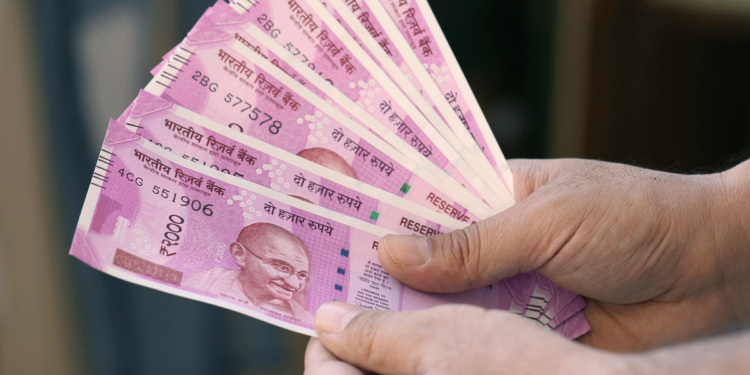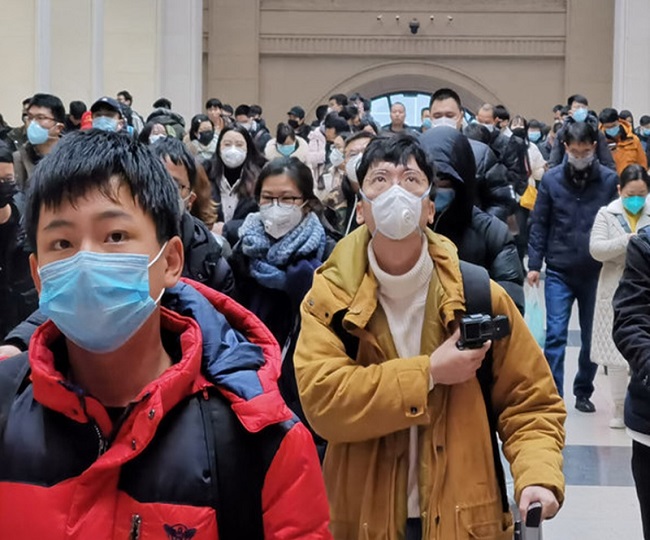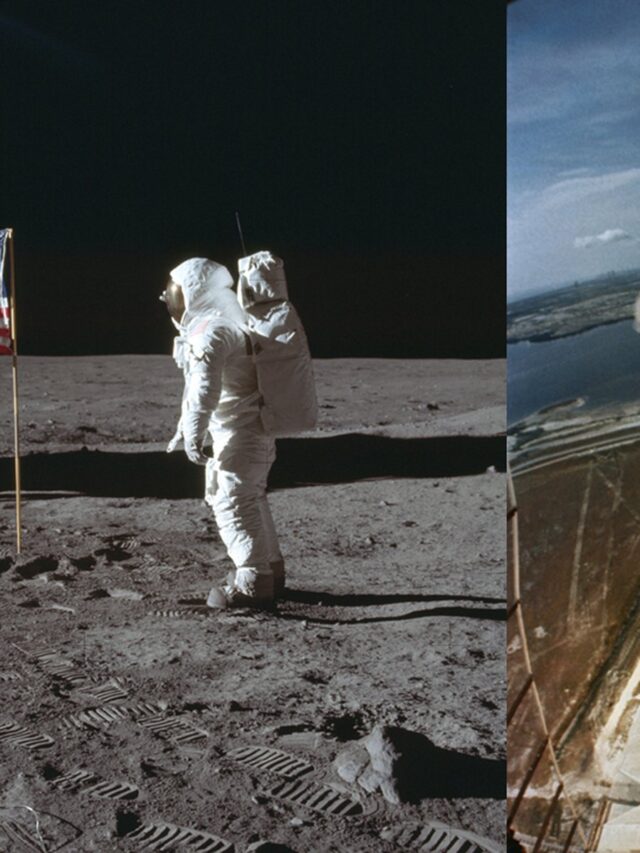In a significant move, the Reserve Bank of India (RBI) has announced the withdrawal of the ₹2,000 denomination currency notes from circulation. However, it is important to note that these notes will continue to be considered as legal tender. This decision has sparked a mixed response among the public, with questions arising about the motive behind the move and its potential impact on the Indian economy. Let’s delve deeper into the details and implications of the RBI’s decision.
Background:
On November 8, 2016, Prime Minister Narendra Modi made a historic announcement that sent shockwaves across the nation – the demonetization of ₹1000 and ₹500 currency notes. This sudden decision aimed to curb black money, corruption, and counterfeit currency from the Indian economy. Simultaneously, the new currency notes of ₹2000 and ₹500 were introduced to replace the demonetized denominations.
The Demonetization Effect:
The demonetization move had a profound impact on the Indian economy. While it faced criticism and challenges in the initial phase, it also garnered support from those who believed in its long-term benefits. The move aimed to formalize the economy, promote digital transactions, and create a transparent financial system.
Exchange Window and New Deadline:
To facilitate the transition, the RBI provided a limited time window for individuals to exchange their old ₹2000 notes. The new deadline for exchanging the old ₹2000 notes is September 30, 2023. Exchange date will start from May 23rd, 2023. This extended period provides individuals with ample time to visit their respective banks and exchange their old notes for the current legal tender. It is important to note that the exchange facility is available only at designated bank branches and authorized post offices.
Process of Exchange:
To exchange the old ₹2000 notes, individuals need to visit their nearest bank branch or authorized post office. They must carry a valid identity proof, such as an Aadhaar card, PAN card, or voter ID, along with the demonetized currency. The bank or post office officials will process the exchange as per the guidelines set by the RBI.
It is crucial to complete the exchange process within the stipulated deadline. After the deadline, the demonetized ₹2000 notes will cease to be legal tender, and individuals will no longer be able to exchange them.
Exchange Limit:
A total of Rs 20,000 will be available to exchange in one go from one bank.
Account is Not Necessary:
If you have Rs. 2000 note then you can exchange is from any bank without having the account on that particular bank.
Conclusion:
The extension of the deadline for exchanging old ₹2000 notes by the RBI provides a significant relief to individuals who still possess the demonetized currency. This move acknowledges the challenges faced by citizens and ensures a smooth transition from the old currency to the current legal tender. It is advisable for individuals holding these notes to visit their banks or authorized post offices at the earliest to complete the exchange process within the given timeframe.
Demonetization, despite its initial challenges, aimed to bring about positive changes in the Indian economy. By extending the exchange period, the RBI demonstrates its commitment to facilitating the transition and supporting citizens in adopting the current financial system. It also serves as a reminder of the importance of keeping track of currency changes and complying with the designated deadlines.
With the new deadline in place, it is hoped that the demonetization process will reach its final conclusion, contributing to a more transparent and robust financial ecosystem in India.
Check Out Our website: Webku.in















